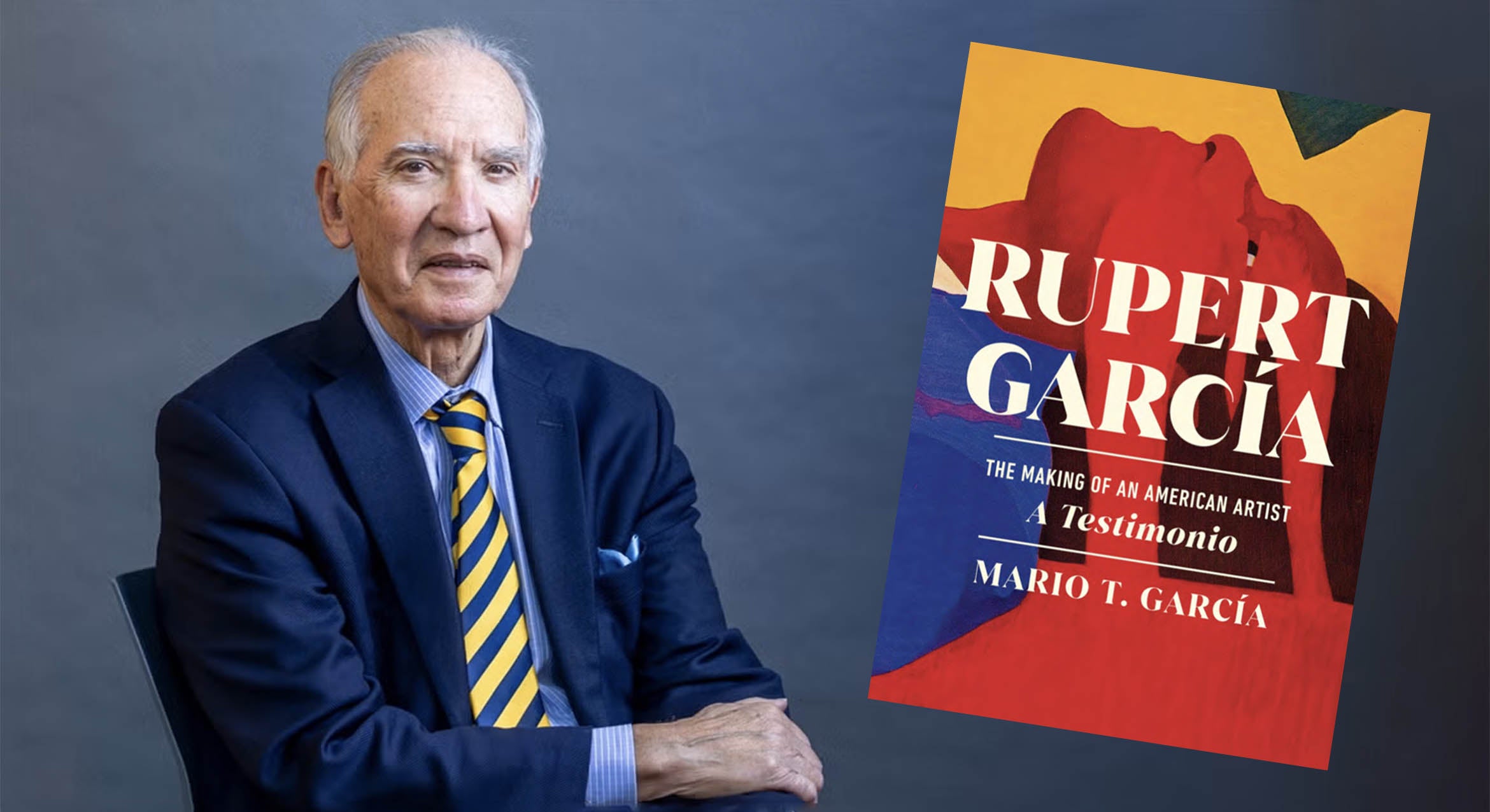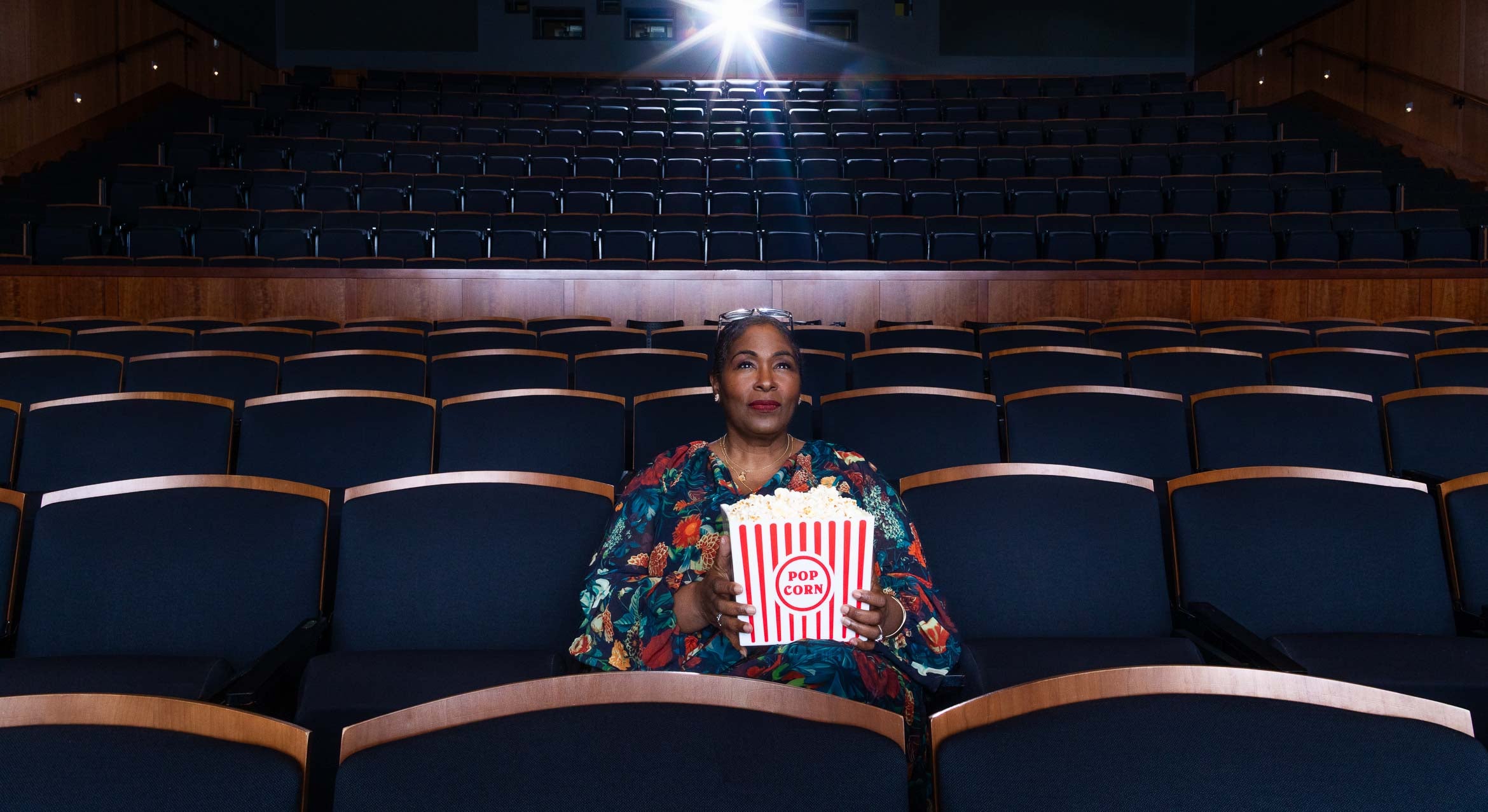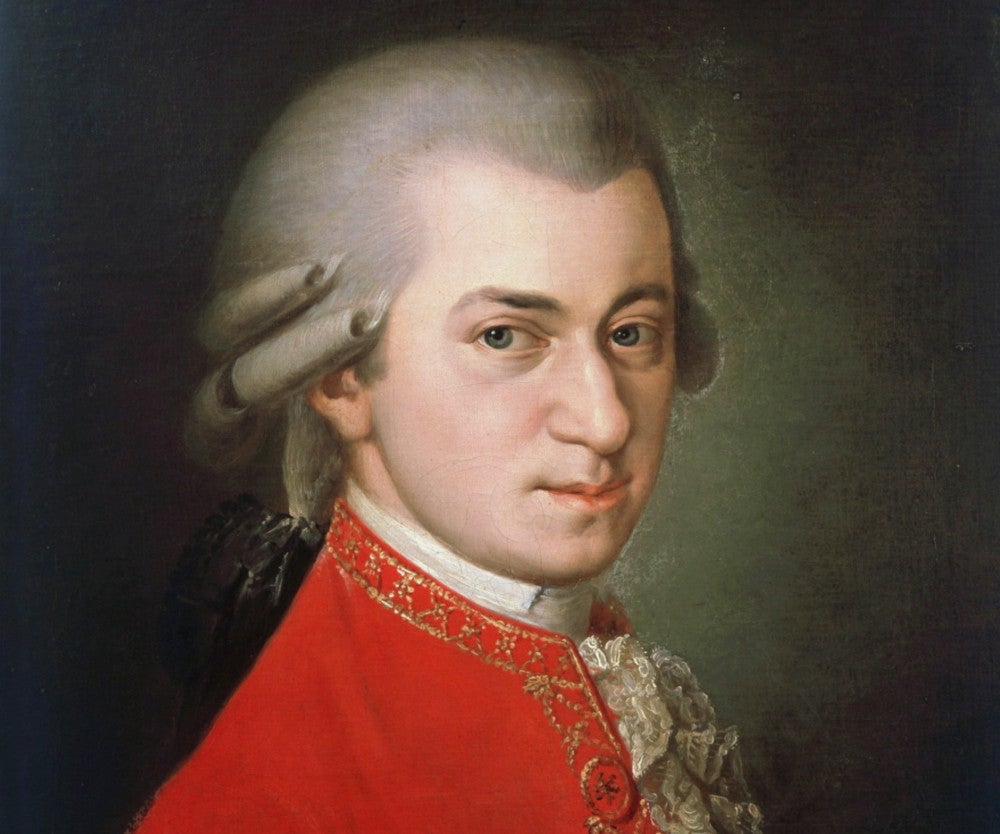
A Healthy Dose of Mozart
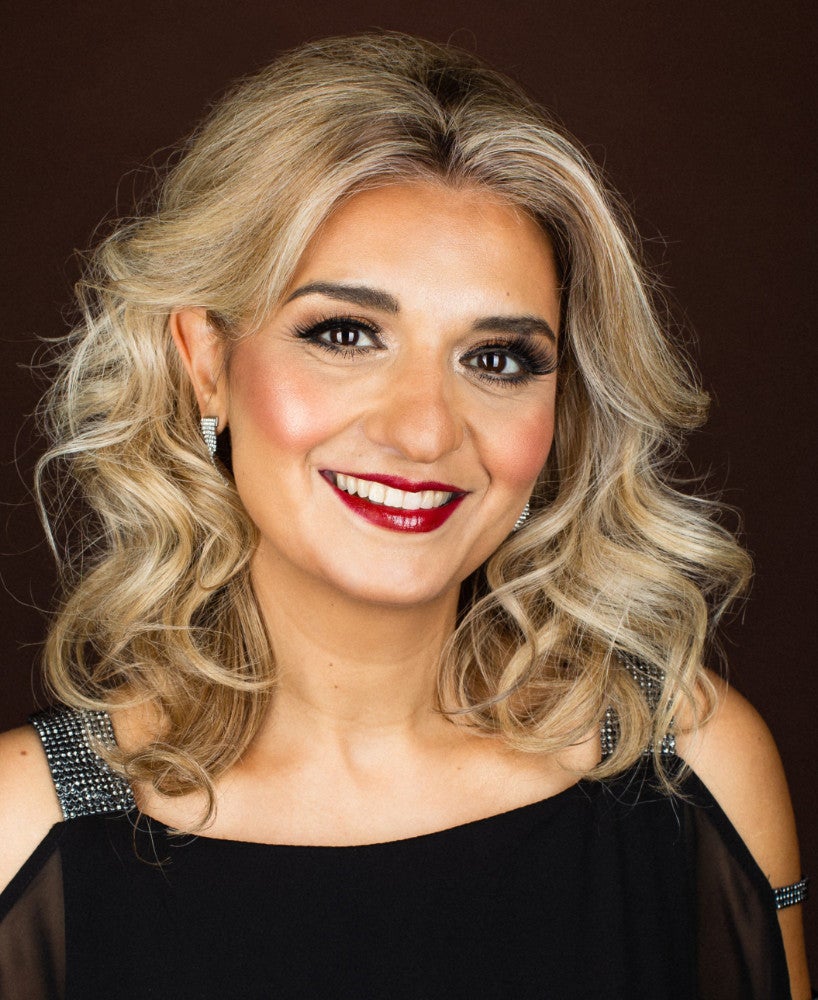

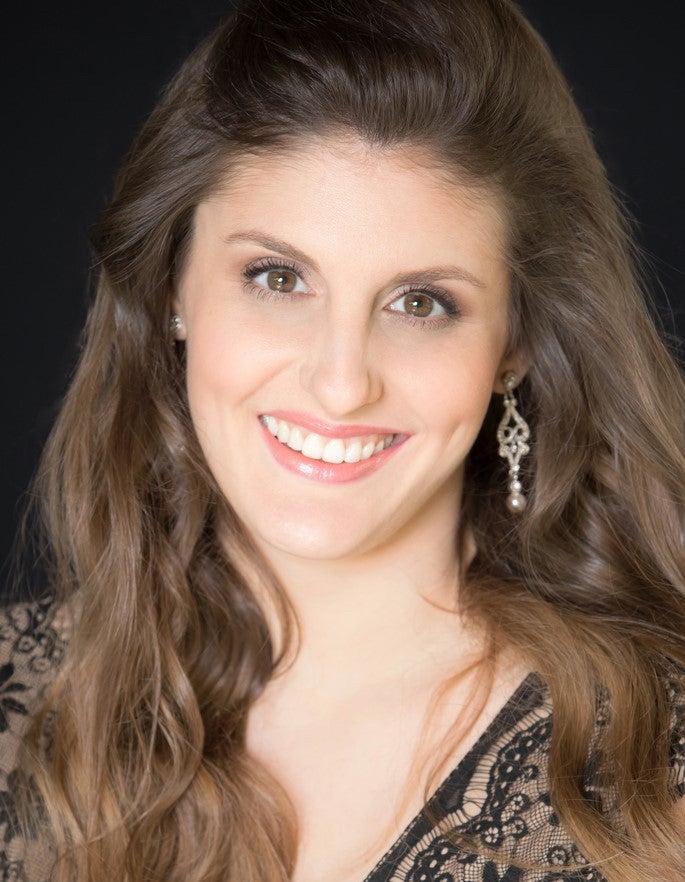
Let’s say you’ve been stuck in the house for, oh, nearly a year. The walls are closing in and you’re pretty sure another Zoom meeting will make your head explode. What’s a pandemic hermit to do?
One word: Mozart. Yes, you need Wolfgang Amadeus Mozart to soothe and cheer your weary soul. And you’re in luck.
UC Santa Barbara’s Department of Music will present a virtual performance of “Don Giovanni” Friday, Feb. 26, from 6 to 7:30 p.m. The two-act opera is free and available to the public. View the performance here.
In addition, director Isabel Bayrakdarian will host a live Q&A via Zoom with the cast after the performance, from 7:30 to 8.
This is not, of course, just any “Don Giovanni,” said Bayrakdarian, an associate professor in the department’s voice program. With the campus closed and the performers literally spread around the globe, staging the performance was a feat of technological wizardry and persistence.
“In an ideal world,” Bayrakdarian said, “we would’ve come together, rehearsed in person with an accompanist, and then staged it for a live performance with an orchestra. However, as Carl Sagan says, ‘We live in an extraordinary age.’ ”
Preparations for the performance began in the Fall 2020 quarter. Initially, Bayrakdarian coached each singer over Zoom. They were all provided with the same piano tracks, and when the time came to record the performances, they recorded themselves singing to the track before a neutral background.
Later, the production and technical staff were able to balance the sound so videos recorded in separate locations come together seamlessly, said Bayrakdarian, an acclaimed soprano.
The choice of each year’s opera largely depends, she said, on the students enrolled in the music department’s Voice Program. Bayrakdarian tends to pick works that are appropriate for developing voices while bearing in mind she’s training them for the professional opera stages of the world.
“Mozart is always an excellent choice for young singers as it promotes healthy singing and beautiful expression,” she said. “But you can’t program ‘Don Giovanni’ if you don’t have a great singer who can make this larger-than-life character come to life, vocally and dramatically. And here I am very lucky.”
She cast graduate student Valdis Jansons, a Latvian baritone who has performed around the world, as the libertine Don Giovanni. He’s also cast as Leporello, Giovanni’s servant — something made possible by, ironically, the campus closure and the virtual nature of the production. Soprano April Amante, a graduate student with extensive performance experience, will sing the role of Donna Anna, which Bayrakdarian called “fiendishly difficult.”
The rest of the principal cast is made up of graduate students who are all learning their roles for the first time. All the department’s undergraduate voice majors will have singing parts in the chorus as well.
In a brutal year for opera companies worldwide, Bayrakdarian said, “Don Giovanni” will give her students a glimmer of hope and an enviable opportunity to prepare for a role, hone their vocal technique and perform for a potentially limitless audience.
“This has been an incredible learning experience for all of us, and all learning opportunities are portals to growth,” she said. “However, I yearn and hope for the days when we will be able to make music together again, in the same space and time, to be inspired and to draw strength from each other’s physical presence and energy. Until then, we’ll continue to adapt, because as Stephen Hawking famously said, ‘Intelligence is the ability to adapt to change.’ ”

